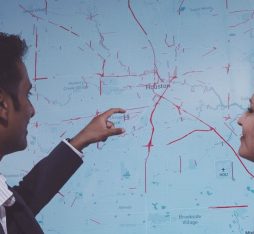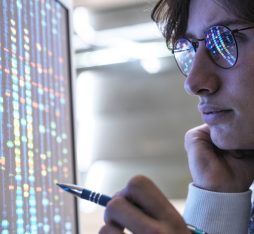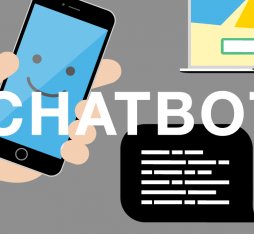“Inclusive access to digital technology is a challenge in Africa, where illiteracy is widespread and where the official language, often French or English, is only spoken by a minority of the population.”
A voice bot in a sub-Saharan language
Inclusive access to digital technology is a challenge in Africa, where illiteracy is widespread and where the official language, often French or English, is only spoken by a minority of the population. And the illiteracy rate is an obstacle to the development of digital uses. Around 2000 different dialects are spoken in Africa. In Sub-Saharan Africa in particular, people who speak French or English are in the minority. The prototype of a conversational voice mailbox in Wolof project aims to set out the specific technical characteristics involved in language recognition work on lingua francas for which there are few available resources (scarcity of language corpora, non-fixed spelling, few academic definitions of the language) and to prove how effective a voice bot can be in a local language.
The bot has already had its first conversations as part of the Orange Senegal customer loyalty programme, and could well be extended to other sub-Saharan languages.
Read also on Hello Future


Health: Jaide aims to reduce diagnostic errors with generative AI
Discover
Controversies around AI: from ethical questions to legal regulation
Discover
Legal professions: the software developers betting heavily on AI
Discover





